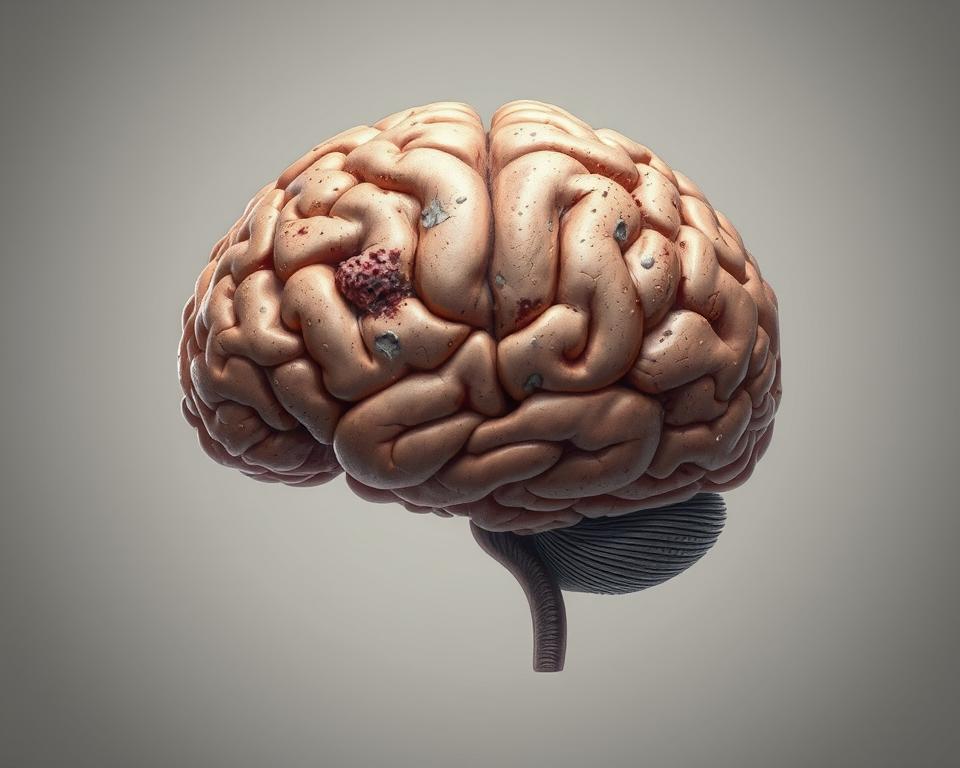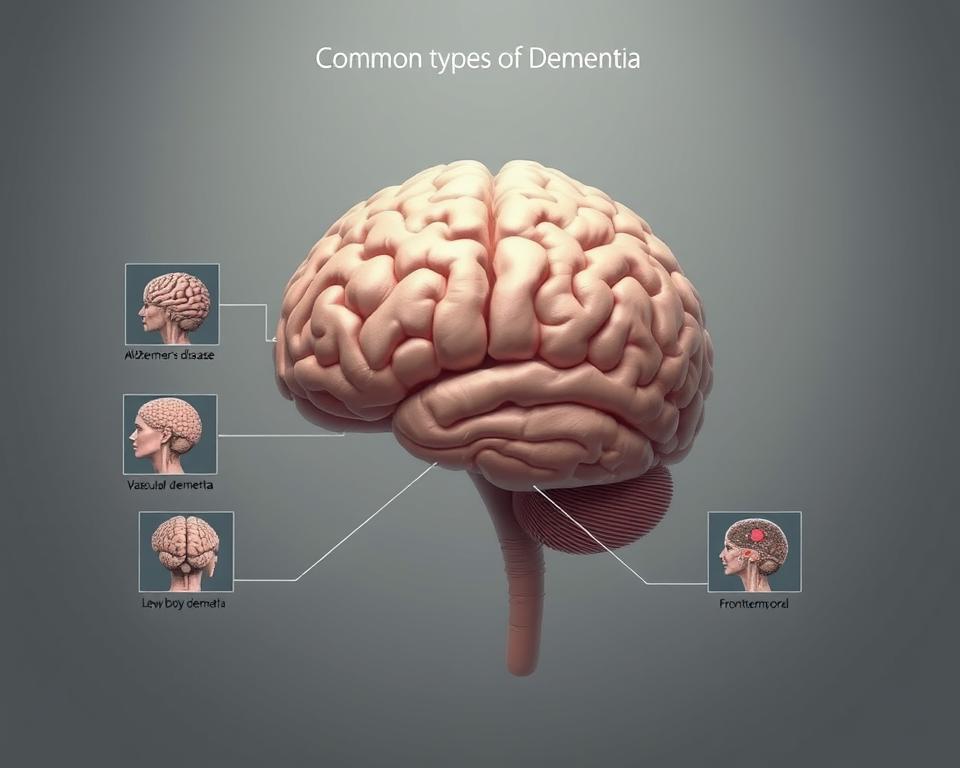- May 9, 2025
Welcome to Dementia World elderly home services



Dementia is a term for a group of symptoms caused by brain damage. It’s not a disease itself but a syndrome with cognitive and functional impairments. Early signs include memory loss, trouble concentrating, and mood swings. Spotting these early is key for timely help.
Alzheimer’s disease is the main cause of dementia, making up 60-80% of cases. Other causes include vascular dementia, mixed dementia, and dementia with Lewy bodies. Knowing the causes and types of dementia helps in giving the right care and support.
Dementia is a term for a decline in brain function. This includes memory loss and trouble with daily tasks. The early signs of dementia are often mild and slow to appear. They are called “mild cognitive impairment” (MCI). It’s important to know these signs and how they affect daily life.
Early dementia symptoms include memory loss and trouble concentrating. Mood changes are also common. These symptoms can make daily tasks hard.
These changes might be small at first. But it’s key to notice them early to offer the right support and care.
Dementia can greatly impact daily life. As it gets worse, people might need help with everyday tasks. This includes personal care, managing medicines, and navigating places they know well.
Knowing these changes helps in supporting and caring for those with dementia.
If you or someone you love shows these symptoms, get medical help. Early diagnosis can make a big difference in treatment and care. If you see any of these signs, talk to a doctor.
Understanding dementia’s early signs and their effects helps in supporting those with dementia and their caregivers.

Dementia is a group of brain disorders that affect memory and daily life. The main types include Alzheimer’s disease, vascular dementia, Lewy body dementia, and frontotemporal dementia.
Alzheimer’s disease is a condition that gets worse over time. It affects memory, thinking, and behavior. It has different stages, from early to advanced.
Vascular dementia happens when brain blood vessels are damaged. This reduces blood flow. Symptoms depend on the cause.
Lewy body dementia is marked by abnormal brain proteins. It causes changes in thinking, visual hallucinations, and movement issues.
Frontotemporal dementia affects the brain’s front and temporal lobes. Symptoms vary based on the specific type.

| Type of Dementia | Characteristics | Symptoms |
|---|---|---|
| Alzheimer’s Disease | Progressive neurological disorder | Memory loss, cognitive decline, behavioral changes |
| Vascular Dementia | Reduced blood flow to the brain | Stroke, high blood pressure, diabetes, atherosclerosis |
| Lewy Body Dementia | Abnormal protein clumps | Fluctuating cognition, visual hallucinations, motor symptoms |
| Frontotemporal Dementia | Front and temporal lobe damage | Behavioral changes, language disturbances, social conduct changes |
Dementia is a complex condition. It is influenced by genetics, lifestyle, and medical factors. Knowing these factors helps in prevention, early detection, and management.
Genetics play a big role in dementia. Some genetic mutations can greatly increase the risk of getting dementia.
Lifestyle and environment also affect dementia risk. Eating well, staying active, and not smoking can lower the risk.
Some medical conditions raise dementia risk. These include diabetes, high blood pressure, heart disease, and stroke. Managing these conditions can reduce the risk.
| Risk Factor | Description |
|---|---|
| Genetic Mutations | Mutations in APP, PSEN1, and PSEN2 genes |
| Lifestyle Factors | Balanced diet, regular physical activity, not smoking |
| Medical Conditions | Diabetes, hypertension, heart disease, stroke |

## Conclusion
Understanding dementia is key to giving the right care and support. Knowing the early signs and types helps a lot. This improves life quality for those with dementia.
Dementia care is all about the person’s needs. It covers their memory loss and other issues. Knowing the different types and causes is very important.
Being informed helps caregivers and family members support better. They can spot early symptoms and adapt care plans. This makes a big difference in the person’s well-being.
With the right knowledge, dementia care can be much more effective. It ensures those affected get the best care and support.